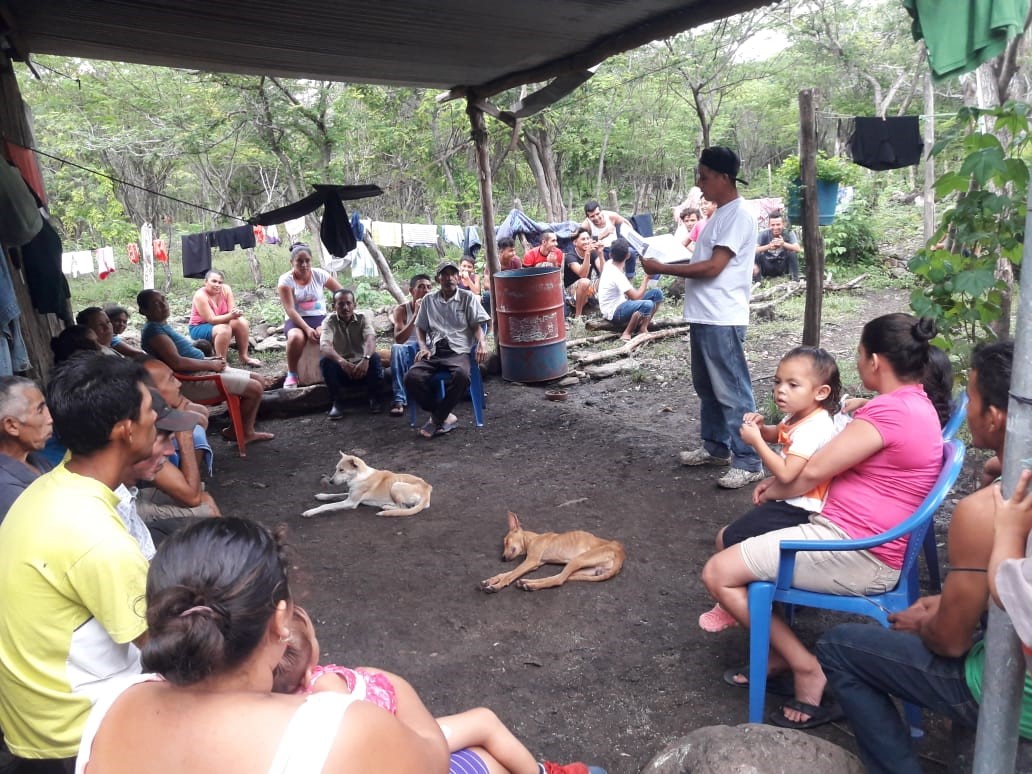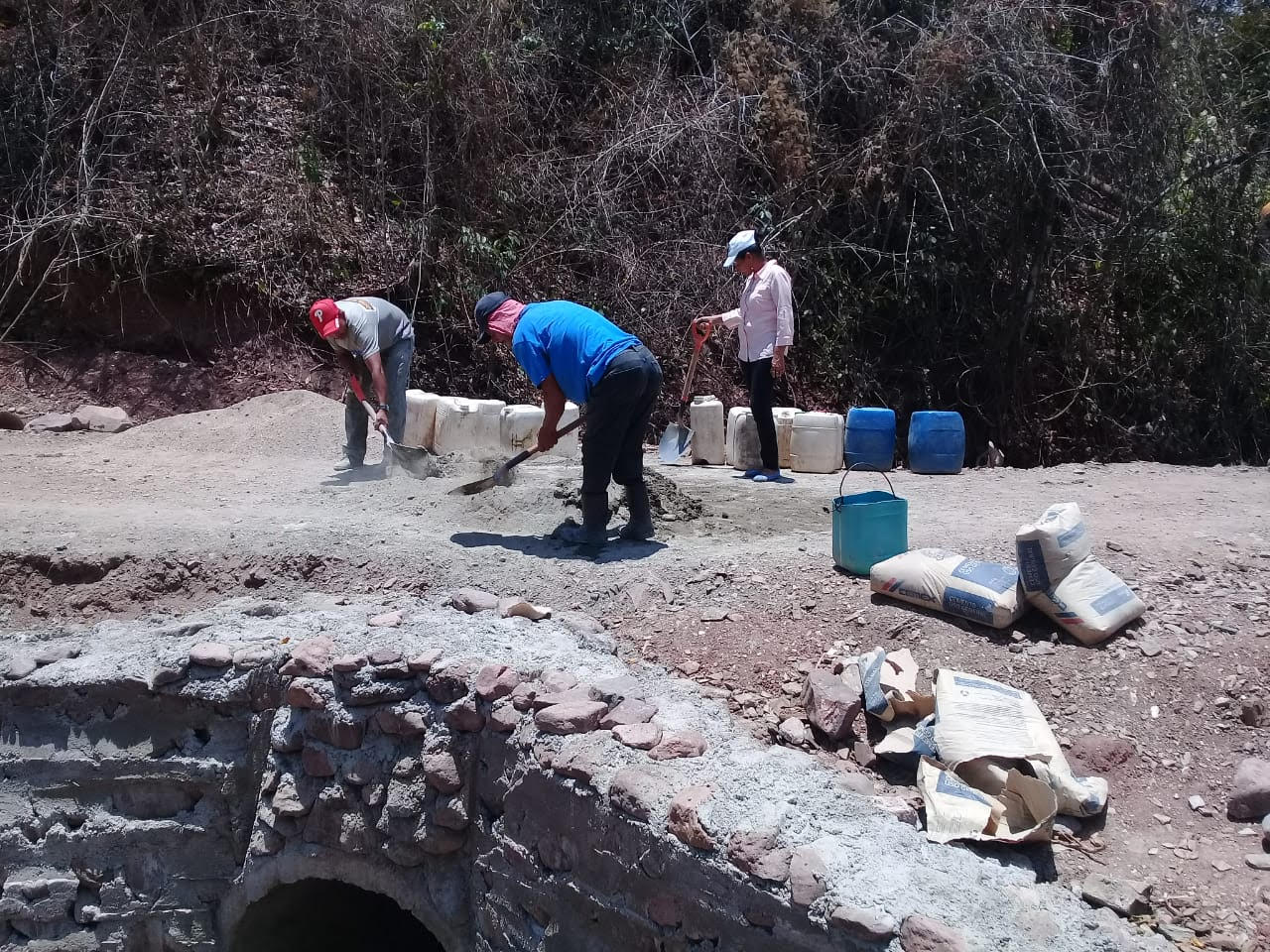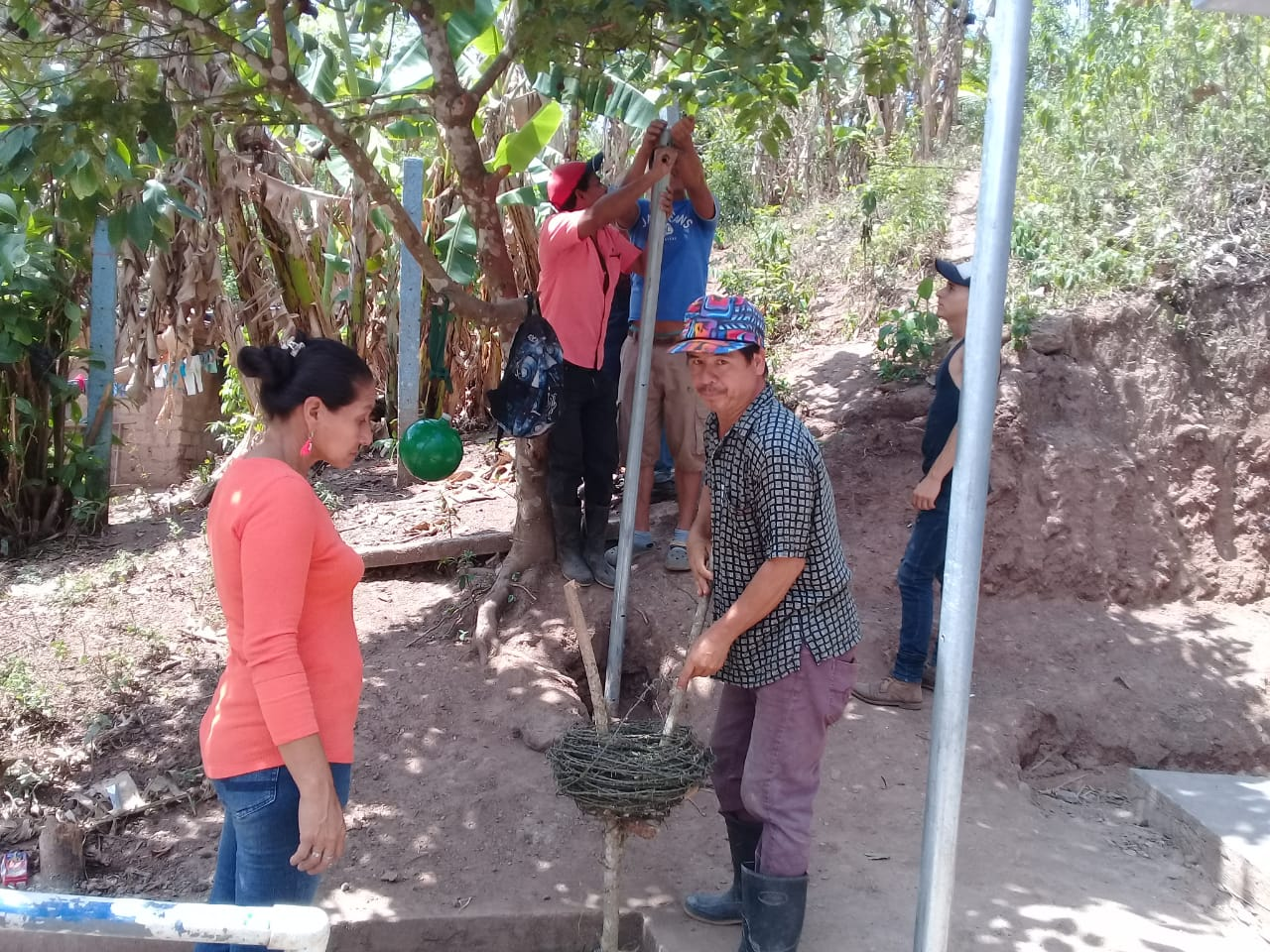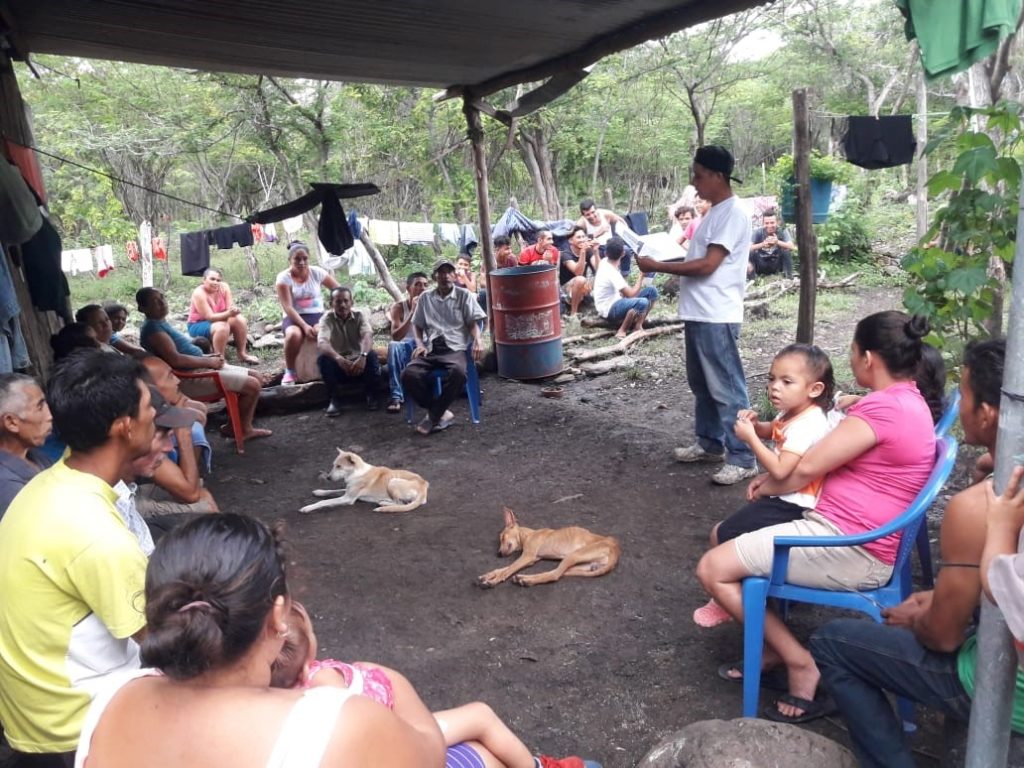Global Ministries shares an update on the work of CEPAD in Nicaragua
Council of Evangelical Churches for Denominational Alliance (CEPAD)
Nicaragua
April 2020 Update
 The Council of Evangelical Churches for Denominational Alliance (CEPAD) was established as an ecumenical effort in response to the crisis caused by the 1973 earthquake that destroyed Managua, Nicaragua. After serving for more than 15 years as an ecumenical, humanitarian aid and development organization, CEPAD became the council of protestant churches. CEPAD builds partnership with village organizations, pastoral committees, and local committees to support community development.
The Council of Evangelical Churches for Denominational Alliance (CEPAD) was established as an ecumenical effort in response to the crisis caused by the 1973 earthquake that destroyed Managua, Nicaragua. After serving for more than 15 years as an ecumenical, humanitarian aid and development organization, CEPAD became the council of protestant churches. CEPAD builds partnership with village organizations, pastoral committees, and local committees to support community development.
 In 2019, CEPAD continued its work organizing and training community leaders in Nicaragua, helping them to form Community Development Committees (CDC). In 2019, these CDCs managed many small community development projects in cooperation with local government entities to improve their local communities. CEPAD trained 192 leaders from six communities in 2019 through three workshops held in each of the six communities. These workshops provided training on public policy in the areas of water, food sovereignty, and local government. CDC leaders also continued learning how to effectively manage community meetings, set priorities, and carry out projects.
In 2019, CEPAD continued its work organizing and training community leaders in Nicaragua, helping them to form Community Development Committees (CDC). In 2019, these CDCs managed many small community development projects in cooperation with local government entities to improve their local communities. CEPAD trained 192 leaders from six communities in 2019 through three workshops held in each of the six communities. These workshops provided training on public policy in the areas of water, food sovereignty, and local government. CDC leaders also continued learning how to effectively manage community meetings, set priorities, and carry out projects.
The CDCs trained by CEPAD are working on a total of 89 projects in the six communities, which were approved and executed in partnership with each local government. These projects are community infrastructure projects including water, sanitation, agricultural, health, and housing projects. Additionally, CEPAD has helped in the formation of a cooperative in Teustepe. Twenty-four members were trained and are now operating the cooperative with plans to build and run a bakery.
 CEPAD shares a reflection from Gladys to illustrate the difference that CDCs make in their local communities. Gladys, a 55 year old mother to four, helps to lead the CDC in the Bramadero community. Gladys shares, prior to establishing our CDC we worked with our community but not in an organized way, everyone in the community was doing what they could on their own. Greater organization between families has increased our development capacities, abilities, and skills which we gained through training. We have put this into practice to benefit our community. Now we are organized, and we feel involved, everyone has a voice on decisions about local development projects. We have managed various projects such as sewage, road repair, wells, and school repair projects.
CEPAD shares a reflection from Gladys to illustrate the difference that CDCs make in their local communities. Gladys, a 55 year old mother to four, helps to lead the CDC in the Bramadero community. Gladys shares, prior to establishing our CDC we worked with our community but not in an organized way, everyone in the community was doing what they could on their own. Greater organization between families has increased our development capacities, abilities, and skills which we gained through training. We have put this into practice to benefit our community. Now we are organized, and we feel involved, everyone has a voice on decisions about local development projects. We have managed various projects such as sewage, road repair, wells, and school repair projects.
Read more about the Council of Evangelical Churches for Denominational Alliance

